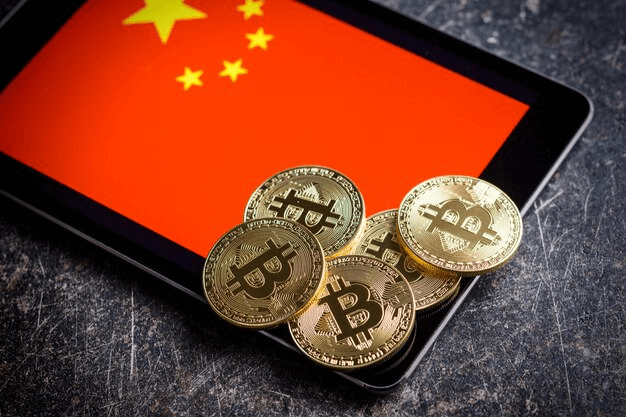
Bitrace report zeroes in on stablecoin money laundering methods
December 27, 2023
Grayscale refiles Bitcoin ETF application as Barry Silbert departs
December 27, 2023Crypto ‘trading platforms’ were part of $2.2B illegal Chinese forex ring: Report

The latest bust is another salvo in China’s war on capital flight — which some believe is the real reason behind the country’s continued ban on cryptocurrencies.
Chinese authorities have reportedly dismantled a massive $2.2 billion underground banking scheme that allegedly utilized foreign “virtual currency trading platforms” to circumvent the nation’s strict capital controls.
On December 24, news circulated on Chinese social media about the discovery by Chinese foreign exchange enforcement of an illicit banking operation leveraging cryptocurrencies to bypass forex limitations. Xu Xiao, an inspector from the Qingdao Branch of the State Administration of Foreign Exchange, detailed how the underground banks acquired virtual currencies and then sold them through overseas trading platforms to secure the needed foreign currency. This method facilitated the illegal conversion of yuan into foreign currencies.
During the investigation, authorities seized cryptocurrencies valued at approximately $28,000 (200,000 Chinese yuan), including Tether, Litecoin (priced at $74.98), and others. However, the total operation is reported to have transferred over $2.2 billion (15.8 billion Chinese yuan) through more than a thousand bank accounts across 17 provinces and municipalities.
China imposes a limit on its citizens, restricting them from exchanging more than $50,000 in foreign currencies annually without a special permit. Bypassing these regulations is considered money laundering by the Chinese government.
This strict stance on capital controls is thought by some to be a key reason behind China’s anti-crypto policies. The Chinese government has stated that the ban is due to cryptocurrencies being used for money laundering activities. In 2016, China introduced stringent foreign exchange regulations, mandating that banks, companies, and individuals adhere to a “closed” capital account policy, which restricts the free movement of money into or out of the country unless it complies with these strict state-controlled rules designed to prevent capital flight.
Following these regulations, China banned crypto exchanges in 2017 and implemented a comprehensive ban on cryptocurrencies in 2021, which remains in effect. In March, an investigation suggested that employees and volunteers at Binance, a major cryptocurrency exchange, allegedly helped customers in China bypass the exchange’s Know Your Customer (KYC) procedures.
On December 23, the South China Morning Post reported that users in China were accessing Binance by falsely claiming their location as Taiwan, further highlighting the ongoing challenges in enforcing these regulations.



